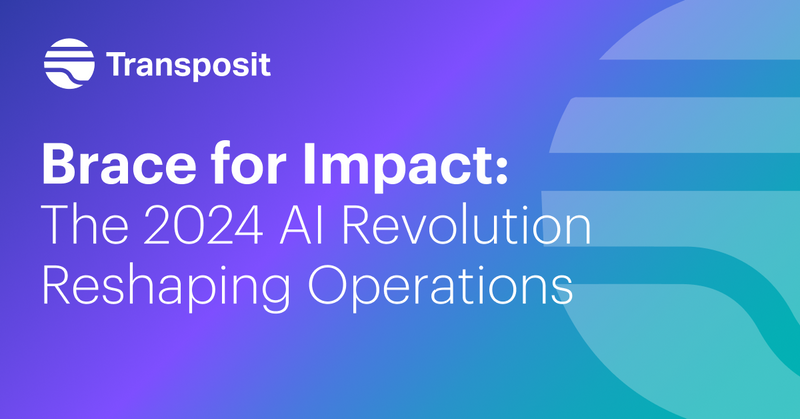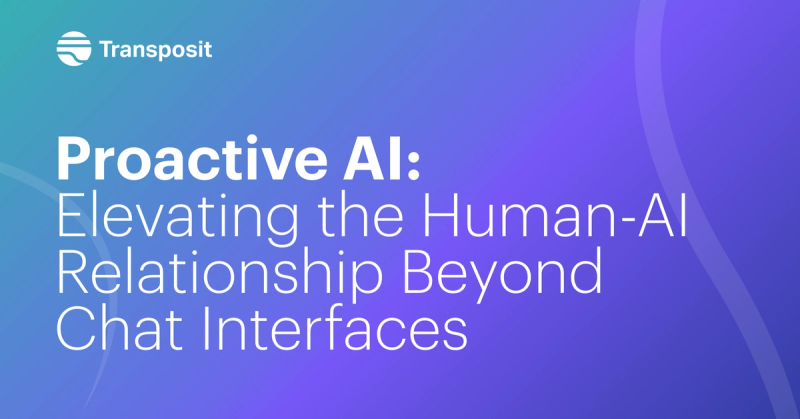The Human Element in GitLab's 2021 DevSecOps Survey
Infrastructure automation is gaining steam, but human processes remain a challenge

GitLab’s latest DevSecOps survey makes one thing strikingly clear. DevOps is now a mainstream movement, with automation broadly taking root. With that comes a shift from idealizing DevOps principles to figuring out how to make them work in the real world outside of Silicon Valley. If you operate in the real world the one question you might be asking is, “but what about the human element?”
Infrastructure automation is clearly on fire. GitLab found that 56% of ops team members said they are “fully” or mostly automated. With automation comes speed. Responses showed that 60% of developers are releasing code 2x faster than before, up 25% from before the pandemic.
Engineering and operations teams are going full steam ahead into infrastructure automation technology. The tools are now widespread for fully automated CI/CD pipelines, and adoption is skyrocketing. GitLab does caveat their survey in that it’s somewhat biased to their customer base (50% of survey takers are GitLab customers). That said, the trendline is clear.
With all this automation, are developers and technical operations leads just chilling on the beach? Unfortunately, no. If you read some of the fine print, there’s a still a lot that keeps teams from the nirvana of #beachops.
Four areas jump out as remaining problems: testing, code reviews, communication with business stakeholders, and complex projects with multiple teams. Those areas are called out in GitLab’s report as still being points of friction, and it’s not surprising that the common thread across all of them is that they are human problems, not machine problems.
The Transposit State of DevOps Automation report revealed some of the caveats around automation as well. Our survey showed that while organizations accelerated transformation initiatives during the pandemic, they were still burdened with longer incident resolution times and hampered by inefficient processes. There’s clearly a gap between all the automation happening at the infrastructure level, and the complex processes among teams that still need to happen manually or without tools that help guide teams to resolution.
In fact, 51.9% of respondents in the Transposit survey stated that Inadequate documentation of institutional knowledge and existing processes was the top barrier to further automating engineering operations. And, to really hit the point home, 9 out of 10 respondents believe that automation should let humans use their judgment at critical decision points to be more reliable and effective.
DevOps teams are clearly using all the tools at their disposal to automate as much as possible. But now they’re learning something new. When you automate repeatable tasks, you’re still left with the hard problem of people-oriented processes that now have an even bigger spotlight shining on them. People-oriented processes change all the time as people come, go, change roles, or get smarter about how to solve problems.
Teams need a holistic approach across the stack that considers the human element:
- How do you make updating tickets less painful, particularly when the business, engineering and customer support all use different ticketing systems?
- How do you find knowledge and keep it up to date when your “knowledge” can just shut down Zoom and leave at any minute?
- How do you empower an on-call engineer to solve a problem in a system she does not usually access?
When you peel back the onion on those areas highlighted in GitLab’s survey around testing, code reviews, communication and project management, they all boil down to these same types of knowledge and process issues. It’s fantastic that we’ve come so far in infrastructure automation, and innovators like GitLab are helping teams make leaps and bounds of progress. The spotlight is now on human processes – the next frontier for DevOps.
Learn more about what we’re doing at Transposit to automate processes with humans in the loop to make that #beachops vision a reality!




